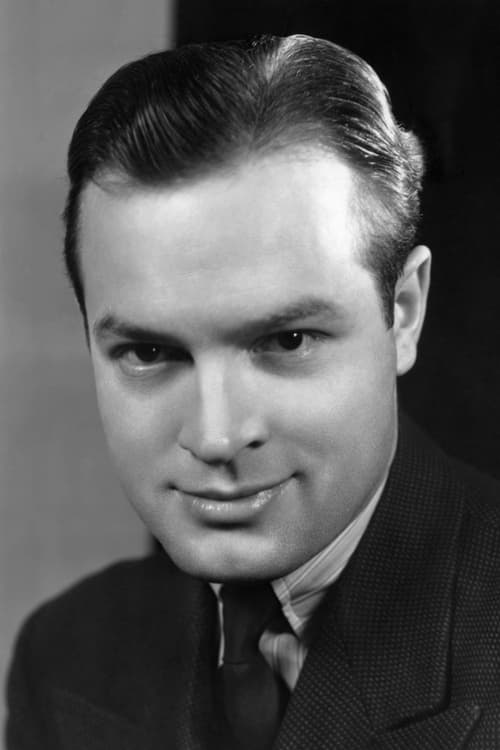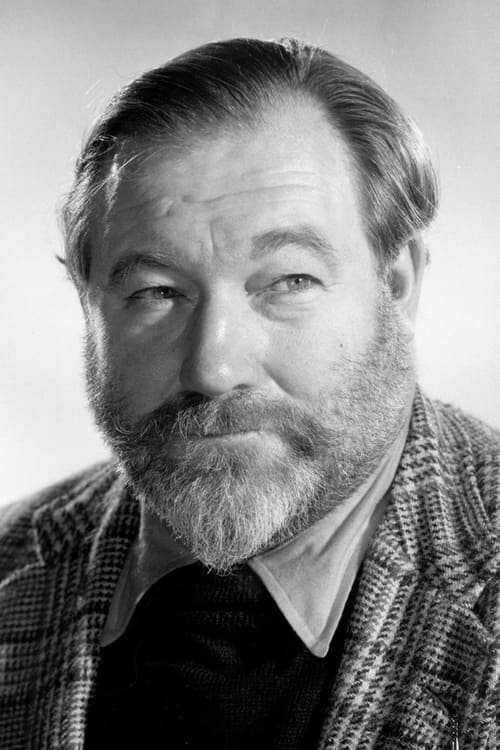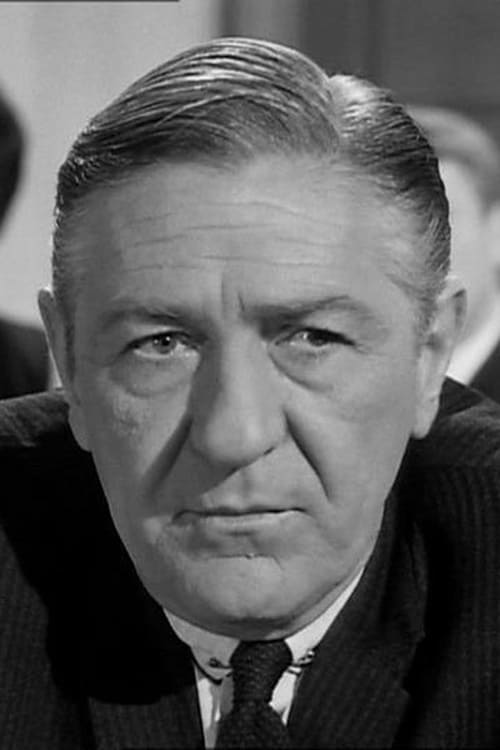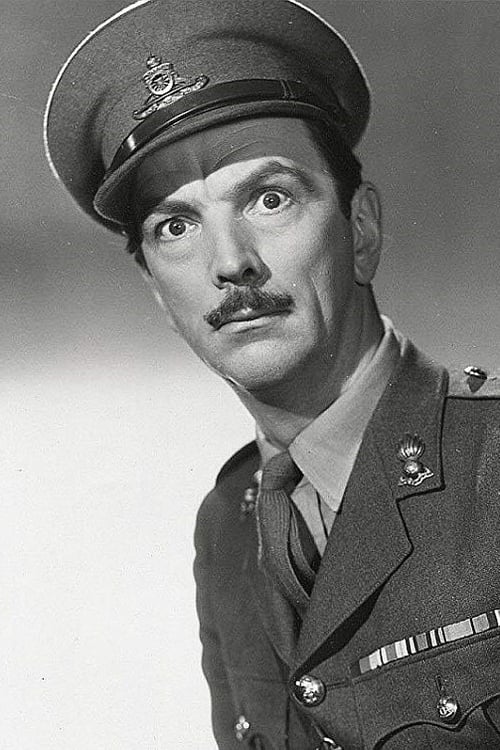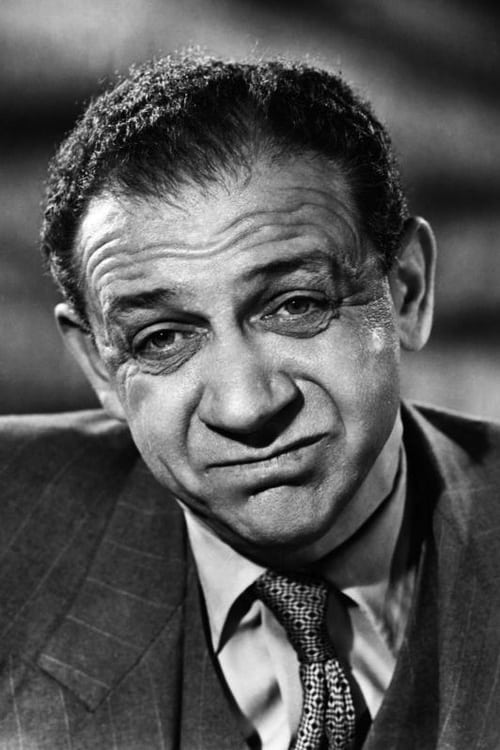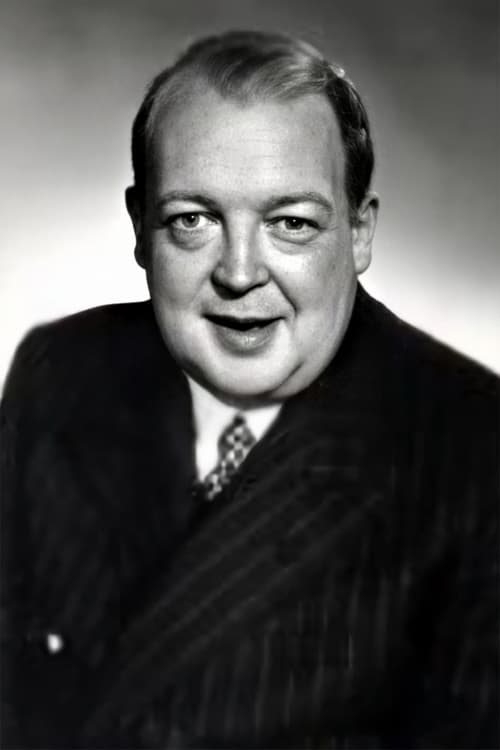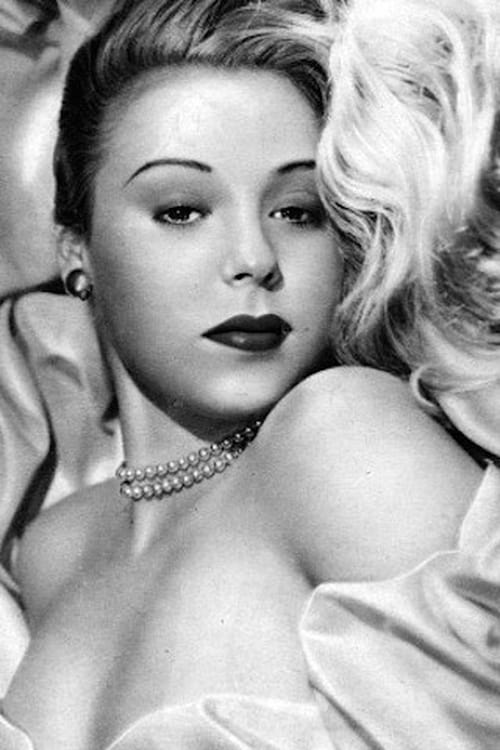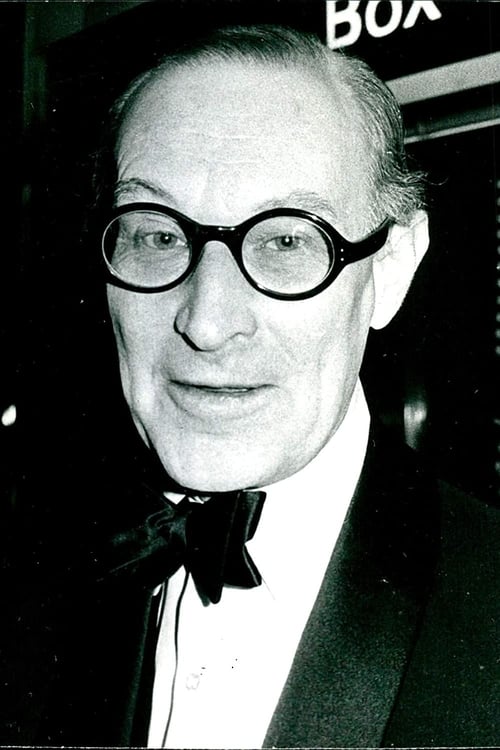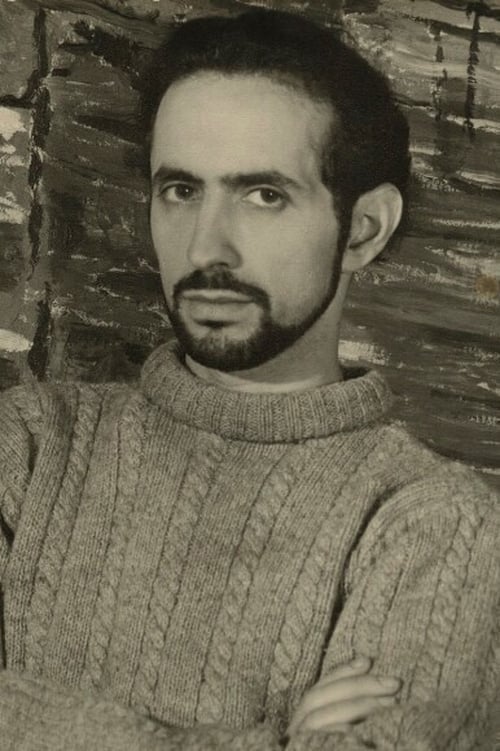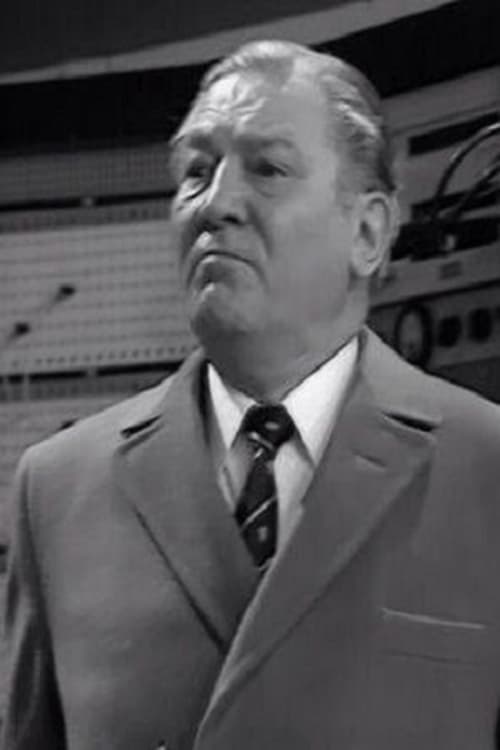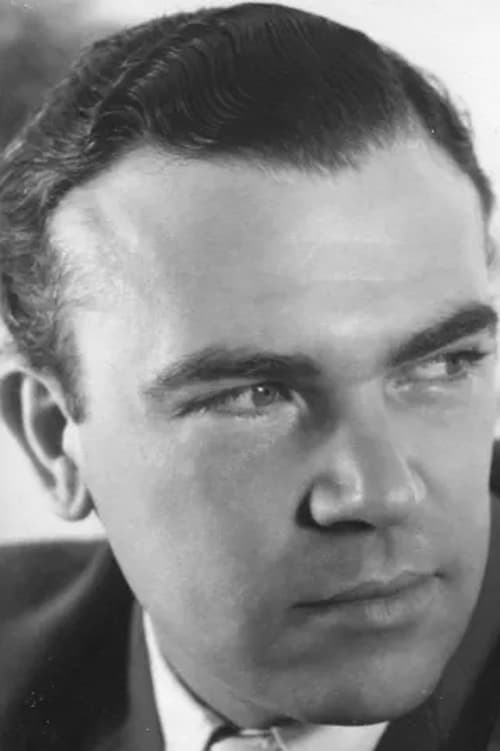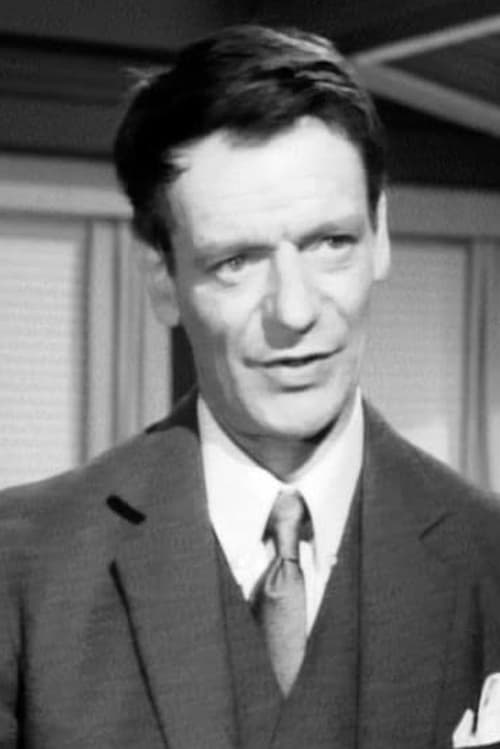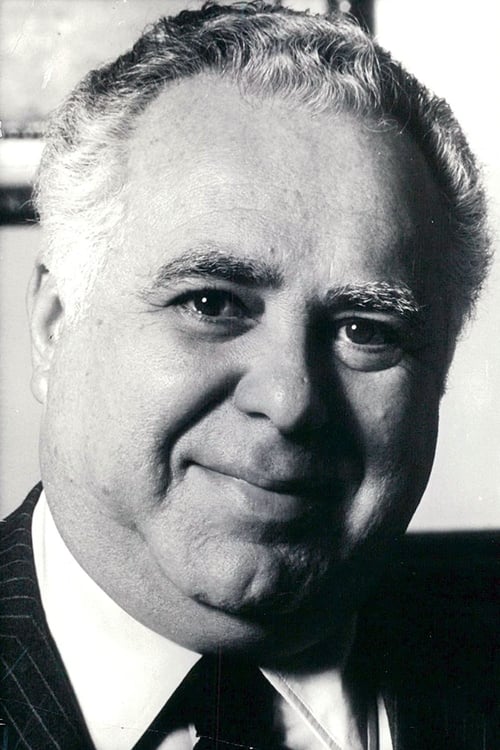The Iron Petticoat (1956)
Bob and Kate...Simply Great
Genre : Comedy
Runtime : 1H 27M
Director : Ralph Thomas
Writer : Ben Hecht
Synopsis
Captain Vinka Kovalenko defects from Russia, but not for political reasons. She defects because she feels discriminated against as a woman. Captain Chuck Lockwood gets the order to show her the bright side of capitalism, while she tries to convince him of the superiority of communism. Naturally, they fall in love, but there's still the KGB, which doesn't like the idea of having a defected Russian officer running around in London.
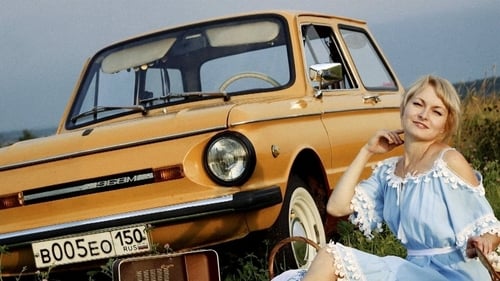
A cinematic, character-driven insight to what it meant to produce and to own a car in communist times: the Socialist propaganda dreams and the hard reality of living that dream. The freedom that these slow and clumsy vehicles were giving to their owners; the cars as an instrument in the Cold War battle; legends and homemade tune-ups as an attempt to stand at least a little bit off the crowd.

An epic exploration of the Czechoslovak New Wave cinema of the 1960s and 70s, structured around a series of conversations with one of its most acclaimed exponents - Closely Observed Trains director Jiří Menzel.
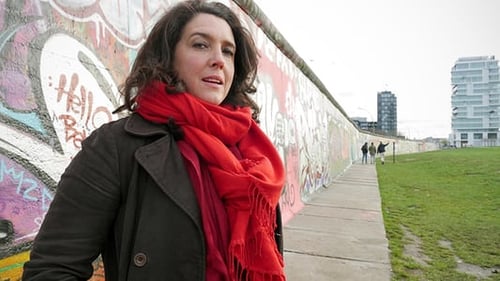
Bettany Hughes investigates the revolutionary ideas of Karl Marx.

March 9th, 1953, 5 million people attend Stalin’s funeral. A revolutionary lacking in both charisma and stature, Stalin came to power almost by chance, and his 30-year reign saw him become the most Machiavellian and bloodthirsty of dictators. The man who insisted on being called “The Father of the People” massacred his own countrymen, and was responsible for the death of some 20 million people. Soon forgetting his former ideological stance, he mercilessly crushed anyone who opposed him, in both word and deed. His camps for reform through hard labor – known as “gulags” – turned 18 million Russians into slaves. He not only murdered his opponents but his best friends too, and even sometimes members of his own family. His cruelty knew no bounds. Through colorized archive material rich in previously unseen footage, and many accounts from the period including some from Stalin himself, this documentary tells the story of a man who turned a dream into a nightmare.

Kunashir, one of the biggest islands of the Kuril Archipelago, is situated 16 kilometers from Japan. It was occupied by the Soviet army in 1945. One year later, after a short period of cohabitation, 17.000 Japanese and Ainu people who were living in the Kurils and on Sakhalin were deported to the island of Hokkaido. Since that time Japan has been demanding the return of the Kuril Islands. A peace treaty between the two countries still has not been signed.

Born in Austria in 1903, Jacob Rosenfeld was imprisoned in Dachau. He manages to flee and takes refuge in Shanghai, like 30,000 other people. He exercised his profession there and sought to get involved in 1941 alongside the revolutionaries of the Chinese Communist Party. Rosenfeld becomes a surgeon on the war front between China and Japan. Thanks to his talents as a doctor and an organizer, he soon became close to Mao Tsé-Toung. In 1945, he was appointed general, responsible for the health of the armies and the entire liberated area. He is now called General Luo. Later, he became the Minister of Health of the first communist government. Thanks to his journal found in 2001, this documentary traces its extraordinary destiny.
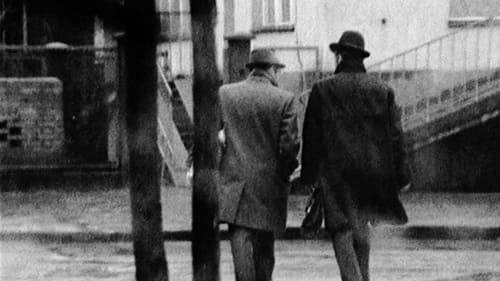
The story of what daily life was like in Poland under communism: private conversations, cruel interrogations, recruitment attempts, recorded and filmed with hidden devices; of how the secret services spied on every activity of ordinary citizens: nothing escaped the brutal system of control developed by the Soviets in the name of freedom.

Ronald Reagan hosts and narrates this documentary about the Communist threat to the free world. Alexander Kerensky, the first premier of the provisional Russian Government in 1917, formally introduces the film. This documentary traces the development of the Communist movement from birth, the Lenin years, its struggle for direction, the Stalin years (featuring a response by Leon Trotsky attacking the Stalin purges) and the ascendancy of Nikita Krushchev.

On the island of Rügen in the Baltic Sea lies one of the most megalomaniac projects built by the Nazis. The ‘Monster by the Sea’, a colossus of brickwork that stretches for kilometres, intended as a futurist holiday resort for the inhabitants of the Third Reich. A paragon of ‘guilty architecture’. Later occupied by the communist regime, it has since the fall of the Wall fallen victim to property developers who have found it a tough nut to crack. Nico Weber’s Inside Prora uncovers the storied history of a project that symbolises the utopian intentions of modernism and the emergence of mass tourism.


People who are very different in social origin, material capabilities, occupation and outlook on life are involved in a curious situation. Wealthy businessman Igor and his girlfriend Olga - a socialite who dreams of a career as a designer; tired from work as a physiotherapist Andrey and his wife, a pharmacist, Irina. The thrill seeking in one case and the desire to find a way out of the family dead end in the other lead these couples to a New Year's Eve swinger party. A sexual experiment in both couples, initiated by only one of the partners, turns into a series of incidents and ends in failure. To the surprise of themselves and their "legitimate" halves, the heroes reveal real feelings and strong mutual affection.

Ksenia had a painful experience in her past. In the present, she leads a lonely life. She makes ASMR videos for a popular YouTube channel. One of her regular viewers, Philip, invites her to meet in person. For him, ASMR is a fetish; but, for her, it turns into something more.
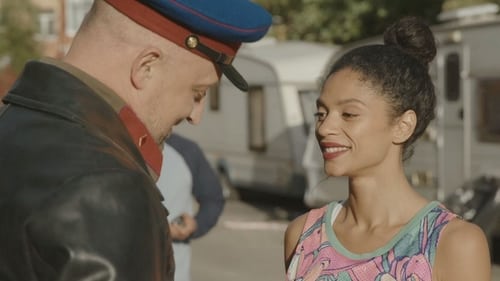
Capital traffic jams and endless replacement of tiles on the sidewalks, filming of national films and absurd situations with artists, stories from the lives of neighbors and their dogs.

The film recreates the events of 1905. In the center of the picture is the struggle of the proletariat, led by the Bolshevik party, against tsarism. The demonstration of labor unrest is replaced by episodes of the Russo-Japanese war, Black-Hundred demonstrations, accompanied by a pogrom of Jews, and beating of the intelligentsia. The film paints the attitude of the Mensheviks towards armed insurrection, reproduces the picture of barricade battles, the arrest of the Council of Workers' Deputies and the brutal reprisals of the tsarist autocracy with revolutionaries.

Filmmaker Ronald Levaco, journeys back to China, the nation of his boyhood days, to discover what became of an old friend of his family, Israel Epstein.
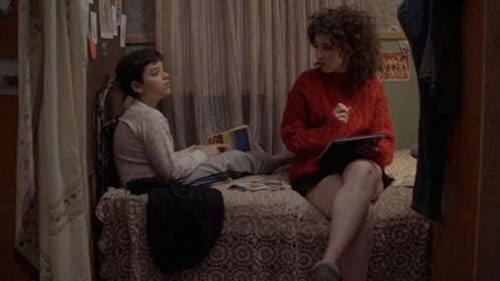
A true story about a gay boy growing up in the collapsing USSR, his courageous mail-order bride mother, and their adventurous escape to Seattle in the 90s.

In a post-apocalyptic world brought on by the Coronavirus, communism runs rampant, meetings are forbidden and Christianity is illegal. A band of young believers launch an underground revolution to reunite Christians and regain freedom from their oppressive superiors.

Filmmaker Binevsa Bêrîvan travels to Armenia to capture the daily life, customs, and history of the country's Yazidi Kurdish community.

The plot of the film is based on three love stories. The events take place in Moscow, Baku and Africa, but most of them are related to the Azerbaijani capital. The film, shot in the comedy genre, takes place during the Great Patriotic War, when the Germans left the occupied territories.

